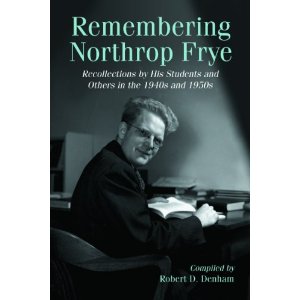
Frye in “Varieties of Literary Utopia”:
A certain amont of claustrophobia enters this argument when it is realized, as it is from about 1850 on, that technology tends to unify the whole world. The conception of an isolated Utopia like that of More or Plato or Bacon gradually evaporates in the face of this fact. Out of this situation come two kinds of Utopian romance: the straight Utopia, which visualizes a world state assumed to be ideal, at least in comparison with what we have, and the Utopian satire or parody, which presents the same kind of social goal in terms of slavery, tyranny, or anarchy. Examples of the former in the literature in the last century include Bellamy’s Looking Backward, Morris’s News from Nowhere, and H.G. Wells’s A Modern Utopia. Wells is one of the few writers who have constructed both serious and satirical Utopias. Examples of the Utopian satire include Zamiatin’s We, Aldous Huxley’s Brave New World, and George Orwell’s 1984. There are other types of Utopian satire which we shall mention in a moment, but this particular kind is a product of modern technological society, its growing sense that the whole world is destined to the same social fate with no place to hide, and its increasing realization that technology moves toward the control not merely of nature but of the operation of the mind. (CW 27, 194-5)

